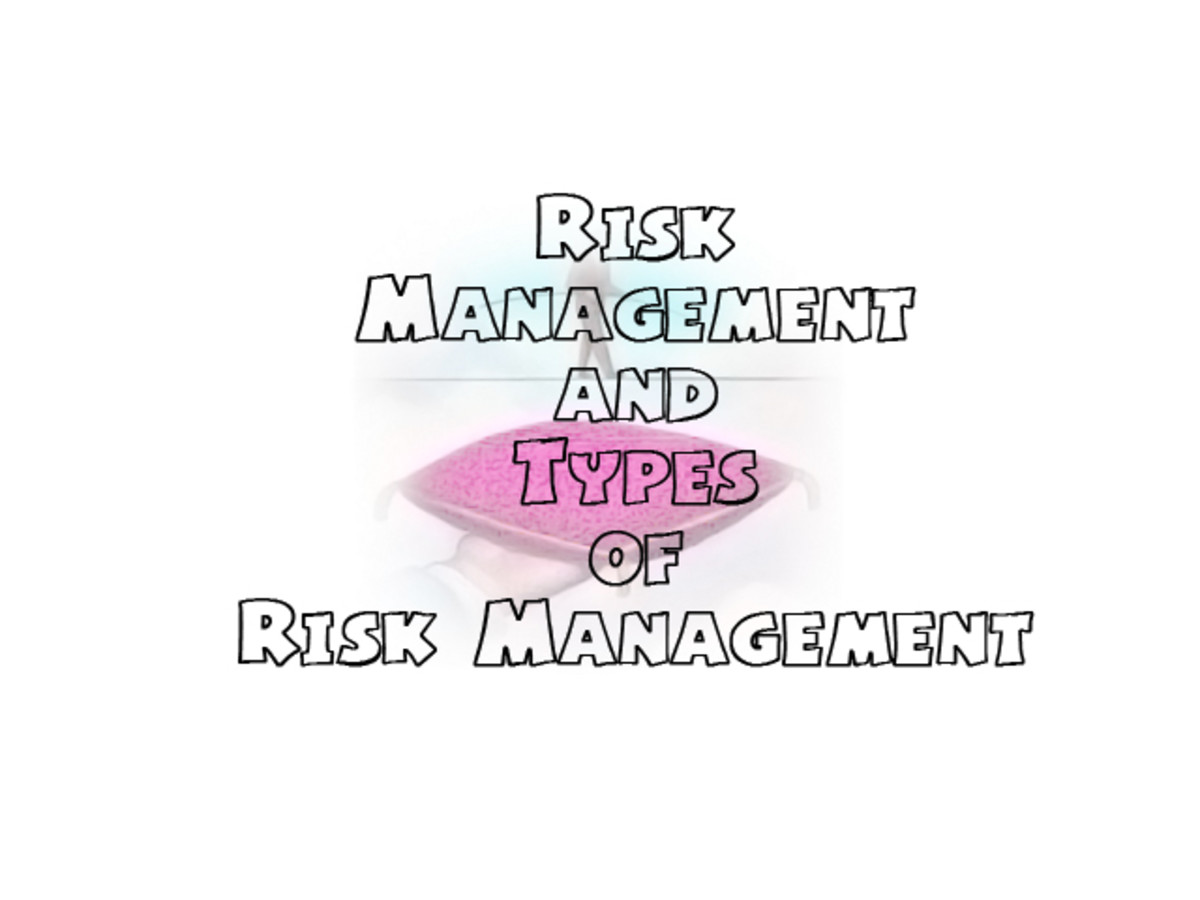Avoid a Negligent Entrustment Lawsuit

Negligent entrustment involves allowing someone (for our purposes an employee) to use potentially dangerous equipment, such as a motor vehicle, when that person is not qualified or has a history of misusing the equipment. “Not qualified” can include factors such as youth or inexperience; an employee’s reputation or known history of misuse of the equipment; or an employee’s lack of physical or mental qualifications to operate the equipment. Negligent entrustment may also be proven if the employer did not know about the employee’s reputation or history, but this information was easily obtained if the employer did a reasonable search. For example: if a trucking company hires a driver without running his DMV record, and the driver has a history of reckless driving and causes personal injury to another, the trucking company may be liable for negligent entrustment because it allowed the driver to operate its truck.
Employers found guilty of negligent entrustment may liable for the total cost of damages caused by a negligent driver PLUS punitive damages. Punitive damages are imposed as a way to punish or deter a person or business from continuing their negligent behavior. Juries have a reputation for awarding punitive damages that far exceed the costs of the injured parties, especially if personal injuries are involved. We all hear of cases where people are awarded millions of dollars because the jury believes a business owner was negligent. Punitive damages often exceed the $1 million insurance limits and can easily bankrupt a company and put them out of business. I had one client, a “mom and pop” grocery store, which allowed a 17-year old boy use of their van to deliver groceries. They boy had only been driving for three months. He ran a red light and broadsided another vehicle, killing a 5-year old girl. The girl’s family won a multi-million dollar personal injury settlement and the grocery owners were financially ruined.
A party injured by a negligent driver must generally prove that the driver’s employer knew, or should have known, that the driver was incompetent or reckless. Consequently, by performing some due diligence and enforcing a few common sense policies, employers should be able to avoid negligent entrustment lawsuits.
Establish Hiring Criteria
As an employer you should have a written policy that establishes the specific criteria for an acceptable motor vehicle (MV) record. For example, it might state no driver will be hired if he/she has a citation for DWI or reckless driving; and no driver shall be hired with two or more moving violations on record. You must be sure to enforce the criteria equally; making exceptions could weaken your case by making it appear you were deliberately negligent.
- Vicarious Liability and Negligent Entrustment - Accidents and Injuries
Find Vicarious Liability and Negligent Entrustment - Accidents and Injuries legal information and lawyers at FindLaw - Negligent Entrustment
The act of leaving an object, such as an automobile or firearm, with another whom the lender knows or should know could use the object to harm others due to such factors as youth or inexperience.
Conduct a Thorough Pre-Employment Investigation
Run the DMV records of all employee candidates who will be required to drive as part of their official duties, and review this record before the employee is hired. Require references from prior employers and document your conversations and findings after checking them. You may also consider running criminal background checks and credit history checks. A history of bad credit often indicates a history of irresponsibility. Do you want an irresponsible person driving your 34,000-pound semi-truck? Do not hire a driver unless her/she has an acceptable driving record; then run their record at least annually afterwards.
You should also run MV records on any employee whose primary duties do not include driving but may occasionally drive a company vehicle or a personal vehicle while on company business. Apply the same criteria to them as you do to your professional drivers. I had a client whose bookkeeper drove her car to deposit the daily receipts at the bank. One day she made an illegal left turn and hit a bicyclist, severely injuring him. During discovery the defendant’s attorney learned the bookkeeper was driving with a suspended license for multiple DWI violations. Even though she was driving her own car, my client had the deep pockets and paid the eventual personal injury settlement.
Enroll Employees in a "Pull Notice" Program
Many state Department of Motor Vehicles offer a “pull notice” program that automatically notifies employers, generally within two weeks, if any violations are reported to an employee’s driving record. A report on each enrolled employee is sent annually regardless of any activity. This is very cheap insurance for any employer who has a fair number of employee drivers, and is a much better practice then running motor vehicles records once a year. You should also, at least annually, visually inspect and make a copy of each employee’s driver’s license for their personnel file.

Establish an Employee Only Rule
Some employers let employees take company owned vehicles home with them to use for commuting and other personal business. If you have done your due diligence on the employee, this practice is acceptable. If employee spouses are allowed to operate company vehicles, then include them in the MV record checks. Just ensure you have, and enforce, a written prohibition on any other family member using the vehicle– especially teenage children or young adults under 25. Younger drivers often lack the maturity, judgment, skill, training, and focus to operate vehicles safely.
Keep Documentation
You should retain all documents relating to your due diligence efforts including MR reports, “pull notice” reports, employee background and references checks, copies of driver’s licenses, disciplinary or warning notices for driving violations, and training records.
Remember the costs of negligent entrustment can include punitive damages and prison time. It can cost you your business and your livelihood.




